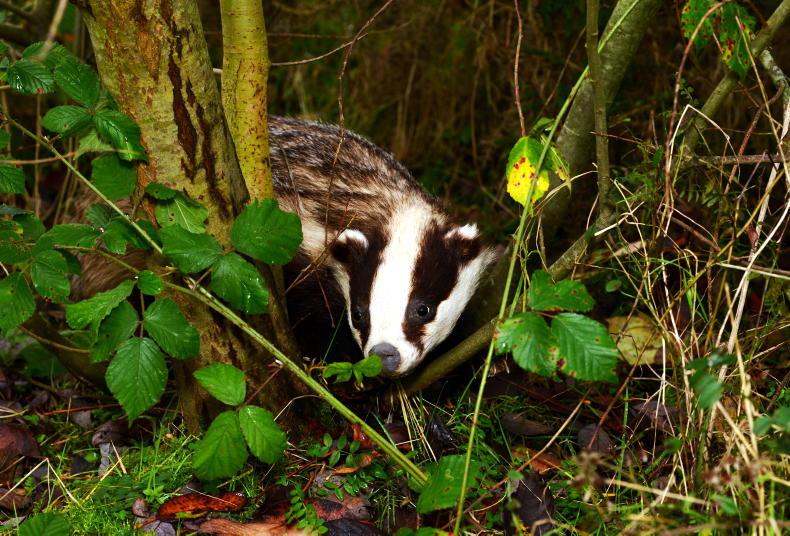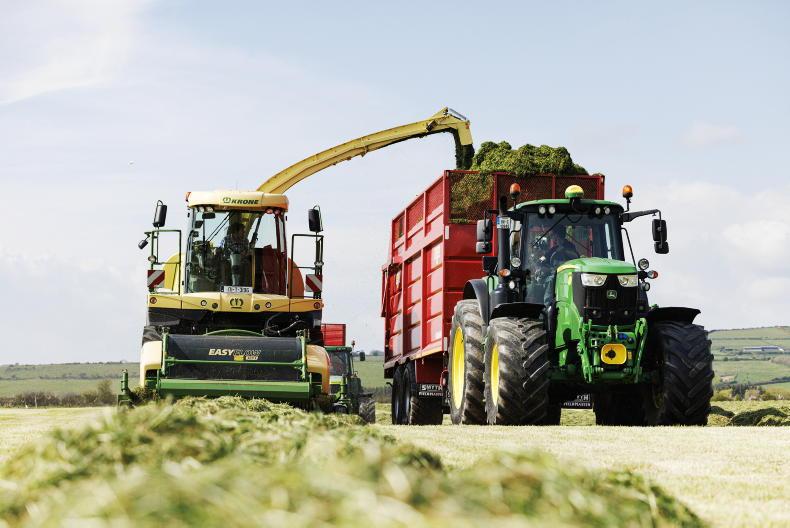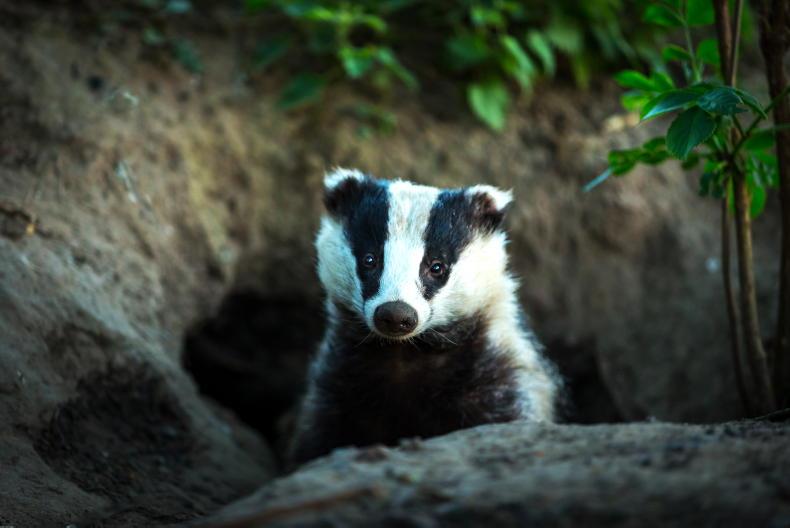The Department of Agriculture has said that it is “very unlikely” that a vaccinated badger infected a cat in Wicklow with TB.
A study published in the Journal of Small Animal Practice in January said a domestic outdoor cat presented with lameness, a biopsy was taken and the bacteria which causes TB in cattle was found.
DNA testing found bacillus Calmette-Guérin (BCG) Danish strain 1331. “Badgers had been vaccinated with the [BCG] vaccine in the area where the cat lived, in the spring and autumn of the previous year,” authors of the study said.
They said it was the first report of an infection with the bacteria in a cat “potentially associated with annual vaccination of badgers”.
A Department spokesperson has said that there are a number of reasons why it is considered very unlikely that a vaccinated badger was the source of the BCG reportedly isolated from this cat.
Collars
“The cat resided in a location in north Wicklow. The nearest badger vaccination area was 35km away, separated by mountainous terrain and main roads,” she said, adding that the badgers had collars on them to track their movements and that no vaccinated collared badger travelled to the area the cat resided in.
The Department stopped using the Danish BCG strain to vaccinate badgers in 2015, and since then has used a different BCG strain.
The Department has checked “for any BCG in cattle and no BCG isolate has ever been detected in a bovine in a vaccination area in Ireland over many years and with thousands of reactor cattle checked”.









SHARING OPTIONS